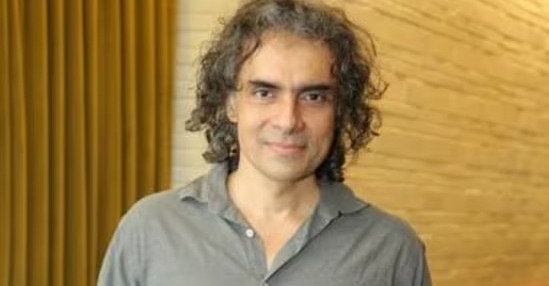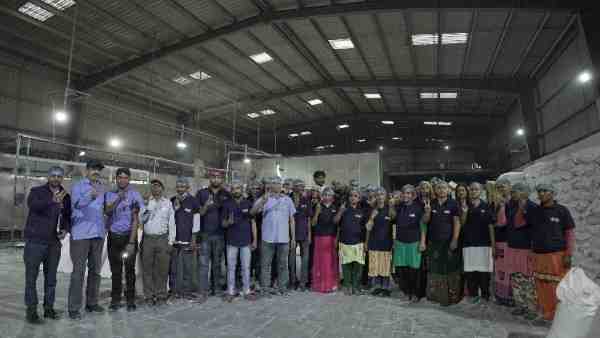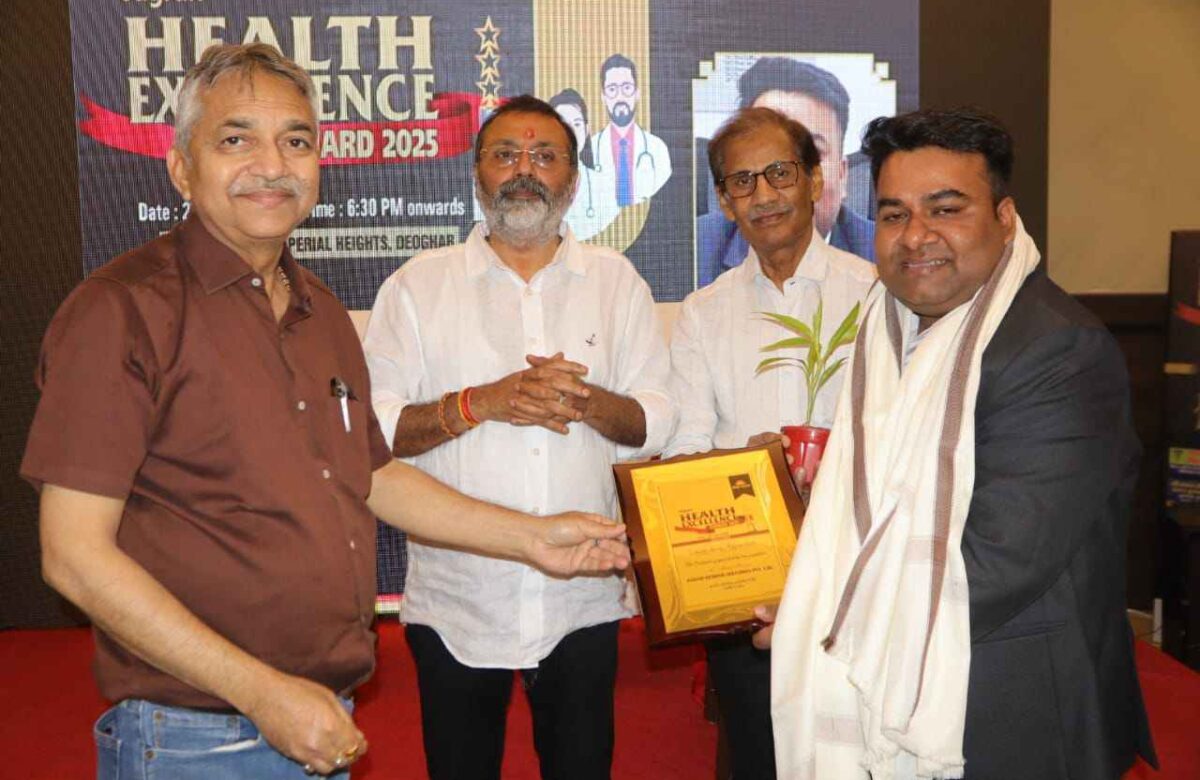In a recent conversation, renowned filmmaker Imtiaz Ali opened up about one of the most controversial topics in Bollywood—the casting couch. A prevalent and deeply rooted issue, the casting couch has long been a shadow over the Indian film industry, with numerous allegations surfacing over the years regarding exploitation, manipulation, and the abuse of power by those in positions of authority. Ali, who is known for his unconventional storytelling and films like Jab We Met, Rockstar, and Tamasha, offered a refreshing perspective on the issue, firmly stating that the belief that compromising one’s values to advance in the industry is a myth. His statement comes at a time when Bollywood is under increased scrutiny regarding its treatment of aspiring actors, especially women, and the power dynamics that perpetuate this culture. Imtiaz Ali’s viewpoint is significant because he is one of the few filmmakers who has consistently portrayed complex, real human emotions and relationships in his work, addressing the nuances of personal and professional struggles. For Ali, the notion that an aspiring actor must compromise their integrity or self-respect to succeed in the film industry does not hold true. Instead, he believes that such beliefs are part of a harmful and outdated narrative that has no real basis in the current film ecosystem. The casting couch, in the most straightforward terms, refers to the exchange of sexual favors for career opportunities in the entertainment industry. This age-old problem has plagued the film industry for decades, with many women—particularly young actresses—reporting that they were asked to trade sexual favors for roles, contracts, or recommendations. While the #MeToo movement, which gained momentum worldwide in 2017, brought some of these uncomfortable truths to light, many within the industry have long known that such exploitation exists, often behind closed doors. Ali’s statement challenges the normalized belief that compromising one’s values will necessarily help someone rise to the top in Bollywood.
One of the key elements in Ali’s commentary is his rejection of the idea that compromising one’s self-respect leads to greater opportunities. According to the filmmaker, this mindset is not just wrong but also ultimately self-destructive. He emphasized that those who perpetuate this myth are doing a disservice to the industry and to the many talented individuals who enter Bollywood with hopes and dreams of success through their hard work, skill, and talent. By positioning the casting couch as an unspoken requisite for success, these myths create a toxic environment that misguides aspiring actors and normalizes exploitative behavior. For Ali, this sets up an unhealthy cycle where talent is overshadowed by manipulation and sexual exploitation. Imtiaz Ali’s words are not just a critique of an unethical industry practice but also a call for change. He suggests that aspiring actors need to hold on to their integrity and focus on their work, as true talent and dedication are what will ultimately define their careers in the long run. In his view, the industry is evolving, and more opportunities exist for those who are driven by passion and perseverance rather than exploitation. Ali’s career itself serves as a testament to this belief. He has built a reputation for discovering and nurturing new talent, directing some of Bollywood’s most celebrated actors and actresses, without any dependence on the kind of exploitation that the casting couch represents. Ali also underlined the importance of the broader societal context in which the casting couch operates. The film industry, like many other sectors, is shaped by the broader culture in which it exists. In India, the entertainment industry has often been a reflection of the larger social and power dynamics that govern society. Patriarchy, objectification of women, and unequal power structures are all deeply entrenched in the fabric of Bollywood. However, Ali believes that the tide is slowly turning. With more awareness, greater accountability, and the rise of movements like #MeToo, he sees a shift toward more ethical practices and a future where talent, rather than exploitation, is the deciding factor in career progression. The filmmaker’s stance is particularly crucial because it provides a hopeful and optimistic outlook for the next generation of talent in the industry. His statement helps empower aspiring actors—especially women—by affirming that they do not have to sacrifice their self-respect to make it in Bollywood. Instead, they should focus on honing their craft, building a portfolio of work that speaks for itself, and trusting that their skill will open doors for them. Ali’s confidence in talent-based meritocracy challenges the status quo and encourages a more ethical and respectful approach to professional growth. Ali’s remarks also reflect a broader cultural shift happening within the Indian film industry. While Bollywood has been known for its glamour and glitz, the behind-the-scenes culture has often been less than glamorous. The rise of independent cinema, the increasing visibility of female directors, producers, and writers, and the emergence of OTT platforms have all contributed to a gradual but palpable change in the way the industry operates. These shifts are dismantling outdated practices and creating a more inclusive and equal space for creators from all backgrounds. Ali’s own films, often characterized by their progressive themes of self-discovery and personal growth, resonate with this transformation, where characters are seen challenging societal norms and taking charge of their own destinies. The truth is, as much as casting couch culture persists in many forms in Bollywood, there is also a growing recognition that it must be addressed and eliminated. For Ali, the myth of compromising to succeed needs to be eradicated. His perspective speaks to a larger truth about the evolving nature of the film industry and the importance of fighting against exploitation. By rejecting the casting couch mentality, Ali is not just calling for ethical change within Bollywood but also for a broader cultural transformation that values talent and integrity above all else. Imtiaz Ali’s comments on the casting couch in Bollywood are a powerful statement against exploitation and manipulation in the entertainment industry.
The post Imtiaz Ali on casting couch in Bollywood: ‘Belief that compromising will improve your chances is a myth’ first appeared on InfluencersPro.




